Categories
Hot Insights
See All-


Studies Find Mushrooms Can Reduce Cancer Risks | Best Cancer-Fighting Foods
How can mushrooms reduce cancer risks? Mushrooms are more than just a tasty addition to your meals. They are nutritional powerhouses that provide essential vitamins, minerals, and antioxidants. Additionally, mushrooms contain compounds like polysaccharides and beta-glucans, which can have great medicinal properties, such as fighting cancer (2). Several types of mushrooms have been studied for […]
-


Best Diet for Prediabetes: Best Foods to Eat and Foods to Avoid
What is prediabetes? Prediabetes is a condition where blood sugar levels are higher than normal but not high enough to be diagnosed as type 2 diabetes (2). In this condition, the body’s cells become resistant to insulin, a hormone that regulates blood sugar levels. Consequently, this leads to an imbalance in blood sugar levels. Normal […]
-

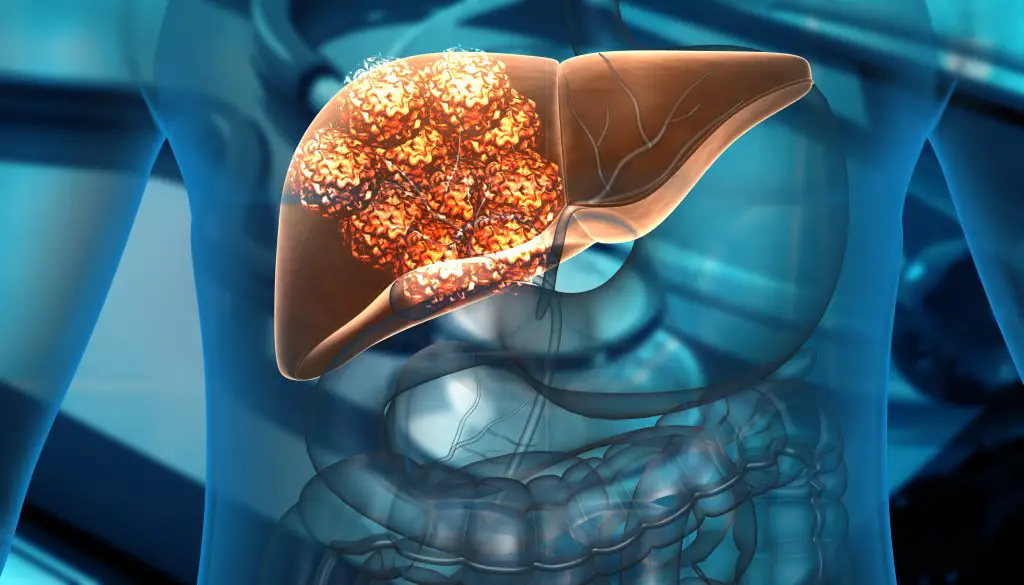
New Screening Tool May Improve Liver Cancer Survival Rates up to 90%: Study Finds
What is hepatocellular carcinoma (HCC)? Hepatocellular carcinoma (HCC) is the most common type of cancer that comes from the liver. It occurs when the liver cells (called hepatocytes) grow uncontrollably and create a tumor. HCC is a serious condition that often develops in people with chronic liver disease, such as cirrhosis, hepatitis B or C […]
-


Does Nicotine Raise Blood Pressure? Explore The Link, Prevention Strategies, and More
Does smoking cause high blood pressure? In the short term, yes. Every time you smoke, it causes a temporary increase in blood pressure (1). Blood pressure increases when blood has difficulty traveling through the blood vessels. In simple terms, it’s like you’re in a tunnel with a lot of people, and you need to make […]
-


Back Pain After Sleep: Causes, Chiropractic Care, and Other Remedies
Back hurts after sleeping: Common causes Poor sleep habits and an unsupportive sleep environment are common culprits behind back pain after sleep (5, 6). However, underlying medical conditions like arthritis, disc herniation, and fibromyalgia can contribute to the condition. Here’s a look at the common causes. Poor sleeping position Sleeping on your stomach can force […]
Video Series
See All-



Fact Check — Kidney Misinformation Seen by Millions
-


Half the World Eats Rice Toxins Daily That Damage Kidneys
-


See How Spinach Can Damage Your Kidneys
-


Avoid These 7 Plant-Based Foods That Can Damage Your Kidneys
-


These 7 Daily Habits Can Help Lower Your Creatinine Levels | Improve Kidney Health
-


9 Skin Signs That May Indicate Your Kidneys Are Damaged
-


Surprise! Drinking Water Wrongly Can Damage Your Kidneys
-


9 Fruits to Lower Creatinine Levels and Improve Kidney Health
-


Top 9 Drinks To Help Stop Proteinuria and Heal Your Kidneys
Advisory Board
Learn more-

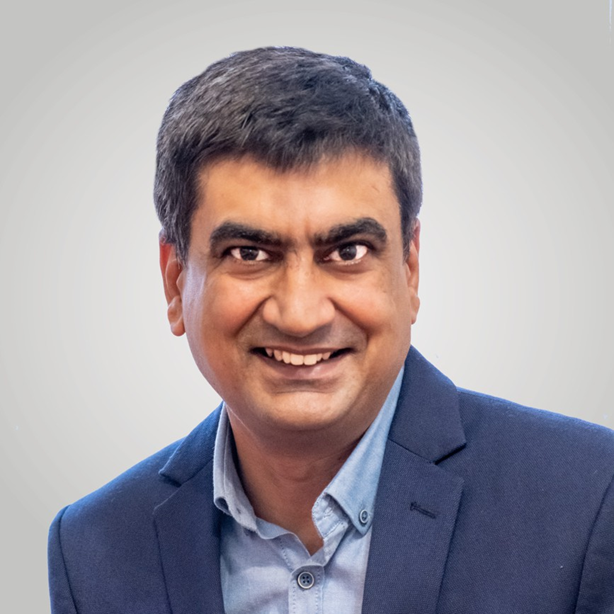
Preet Pal Singh Bhinder, MD
MD and FID (Fellowship in Diabetes, Royal Liverpool Academy) Diabetes SpecialistPreet Pal Singh Bhinder is a physician (M.D. Medicine) with specialization in diabetes (Fellowship in diabetes, Royal Liverpool Academy). He has a particular interest in metabolic disorders.
-

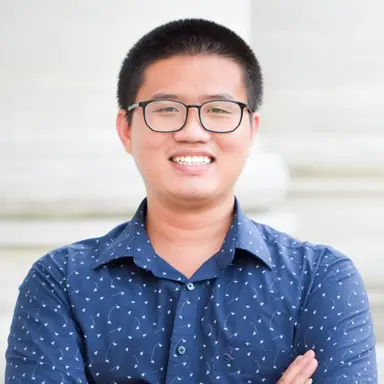
Anh Cao, M.Sc., Ph.D Candidate
Ph.D Candidate in Immunology Immune Cells, Innate Immune CellsAnh Cao is a Ph.D. candidate in immunology at Harvard University. He obtained his M.Sc. Degree in immunology at University of Toronto. For the last 8 years, his research has focused on a wide range of immune cells, including B cells, T cells, and innate immune cells. His publications have been featured in high-profile journals such as Cell and Nature which have been cited over 200 times.
-


Jordan Stachel, MS, RDN
NutritionistJordan is most fulfilled when guiding others towards making stepwise, sustainable changes that add up to big results over time. Jordan works with a wide variety of individuals, ranging in age from children to the elderly, with an assortment of concerns and clinical conditions. She helps individuals optimize overall health and/or manage disease states using personalized medical nutrition therapy techniques. It can be difficult for individuals to navigate health conditions and to discern between nutrition information that is both credible and accurate, versus misinformation and conflicting guidance. As an expert in the field, Jordan finds great fulfillment in filling this gap by providing detailed clarification and explanation by leading the discussion surrounding nutrition and wellness. Jordan looks forward to continuing to help others achieve the healthiest version of themselves, improve longevity, and be a dependable source and voice within the field of nutrition and dietetics.
-

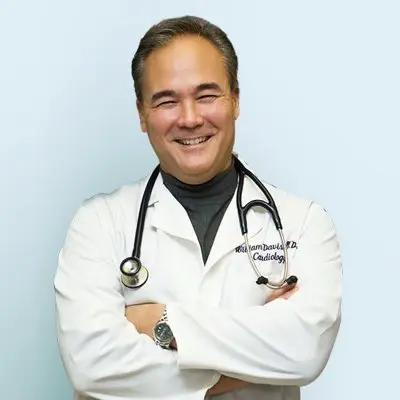
William Davis, MD
Cardiologist Director of Biotechnologies, Northern Medical Center, NYDr. William Davis is a cardiologist and New York Times #1 bestselling author of the Wheat Belly book series. He is Medical Director and founder of the Undoctored program including the Undoctored Inner Circle. He is Chief Medical Officer and co-founder of Realize Therapeutics Corp. that is developing innovative solutions for the disrupted human microbiome and author of the book Super Gut.
-


Amy Rogers, MD MPH FACPM
American Board of Preventive Medicine, Board certified in Aerospace Medicine, Occupational Medicine and General Preventive Medicine and Public Health. Preventive Medicine, Public Health, Lifestyle Medicine, Pandemic Response, Global HealthDr. Amy Rogers is a triple board certified physician by the American Board of Preventive Medicine in Aerospace, Occupational and Preventive Medicine, with two Masters in Public Health degrees. Dr. Rogers served her country dutiful for 11 year as doctor for The United States Navy, providing support in outbreak investigations, pandemic planning, global health education, and aerospace medicine. As a Navy Global Health Specialist she provided education to multiple partner countries public health medical teams across multiple continents. For the past three years, as the COVID-19 lead for Naval Forces Europe and Naval Forces Africa, she oversaw the U.S. Navy medical and logistical response across two continents and 7 medical facilities. During Preventive Medicine residency at the Uniformed Services University, she focused on Women’s Health providing award winning research on the impacts of pregnancy on physical fitness, and helping develop a curriculum in Women’s Health and Preventive Medicine. She was selected to the prestigious Delta Omega Preventive Medicine Honor Society and was co-chief resident. She also completed the American College of Lifestyle Medicine Lifestyle Core Competency Course, and earned a graduate certificate in Global Health and Development from Uniformed Services University. She is also a Fellow of the American College of Preventive Medicine. Dr. Rogers continues to see patients for the United States Navy Reserves and as a primary care provider. She is using her background in agriculture and global health to explore how different cultures, with focus on farming, natural remedies and food, impact a populations health and approach to disease management. In her free time, she is building her own farm in Vermont that will explore the medicinal properties of plants and the natural environment she was exposed to as she explored other cultures during her world travels.
-

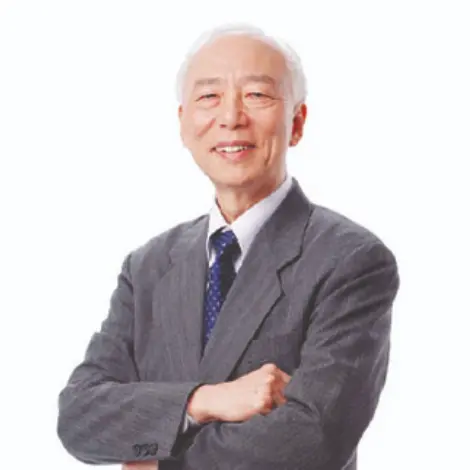
Dr. Hu Naiwen
Professor, the Nine Star University of Health Sciences in Sunnyvale, California Integrated medicineDr. Hu Naiwen is a highly skilled and experienced practitioner in both Western and traditional Chinese medicine. He began his academic journey studying biology at university before specializing in neuroscience and endocrinology during graduate school. Upon completing his studies, Dr. Hu worked in the field of pharmacology and conducted life science research at the prestigious Stanford Research Institute International. Upon returning to Taiwan, Dr. Hu expanded his expertise by delving into the ancient practice of acupuncture and studying the theories of Chinese medicine. This exploration led him to earn a license in traditional Chinese medicine, further enriching his understanding of healthcare and treatment methodologies. Dr. Hu's personal quest for better health led him to explore various schools of qigong, ultimately discovering Falun Gong in his late 40s. This practice not only improved his physical well-being but also enhanced his mental acuity, allowing him to better comprehend and analyze complex medical texts. Throughout his more than 30 years of medical practice, Dr. Hu Naiwen has come to appreciate the strong connection between the cultivation of one's mind and the cultivation of one's life, as well as the relationship between morality and health. By incorporating these principles into his practice, he has helped over 140,000 patients overcome a myriad of illnesses, solidifying his reputation as a dedicated and holistic healthcare professional.
-
Nigar Sofiyeva, MD, PhD Candidate
-


Donna Schwontkowski, DC (retired), MS and BS Nutrition, Herbology
Clinical Nutrition, Deficiency Diseases, Heavy Metal & Environmental Toxins, Detoxification, Chiropractic Medicine, Herbal Healing Master Herbalist certification in herbs from the School of Natural Healing BS NutritionDr. Donna Schwontkowski is a retired chiropractic physician with a master’s degree in Nutrition and Herbology. She has focused her career on three primary areas: clinical nutrition, learning and memory, and health/self-improvement publications. Dr. Donna’s mission in life is to act as an intercessor for people in all three of these areas, allowing them via teaching them, working in groups with them, or mentoring them to reach their potential in health, learning and memory, and ability to transform one’s life. Dr. Donna was also a journalist for health and fitness magazines for 15 years, the editor of Sacramento, CA’s Health & Fitness Magazine, and Co-producer and host of a TV show on health for four years. She has taught hundreds of community courses on many aspects of health and natural healing to thousands of students over the years. Her accelerated learning background has also allowed her to teach thousands of college and postgraduate students science and dozens of children how to read five books in a week as well as how to learn any subject quickly, including health and science.
-
Jennie Stanford, MD, FAAFP, DipABOM
Physician (MD), Fellow of the American Academy of Family Physicians, and a Diplomate of the American Board of Obesity Medicine.Dr. Jennie Stanford, MD, FAAFP, DipABOM is a double-board certified physician who values both evidence-based medicine and providing trusted medical information. She is a distinguished Fellow of the American Academy of Family Physicians, and a Diplomate of the American Board of Obesity Medicine. She has 13 years of experience in nutrition and 8 years of experience in medicine.
